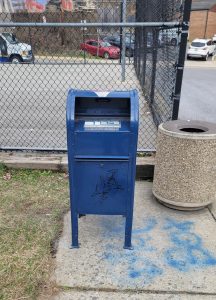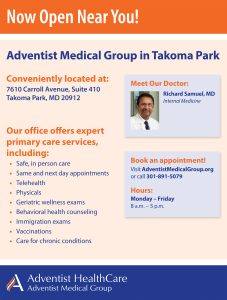As we begin another month of meteorological winter, those with aversions to cold (or those who are just “over it” by the time February rolls around) may be searching for indoor entertainment. I like to think that libraries and librarians excel at this. If you want a break from your television, or the judgment of your TBR pile (TBR = “To Be Read,” since acquiring books and actually reading them are sometimes very different hobbies), this may be a good time to think about how you are preserving memories of your family, your cultures and afiliations, or even just your personal narrative.
Inventory: The first step is taking stock.
What media carries your memories? Are the images, text, sound, and film “born digital” (originally created digitally), or are they analog? What sorts of materials are you working with? Some materials you might encounter are: loose paper, film reels and negatives, photographs, scrapbooks, diaries or other bound volumes, leather, fabric, metal (including staples and paperclips), and adhesives (tape, glue, etc.).
Triage
Before you take the time to do a lot of research, here are some red flags to look out for that can help you prioritize your memory project.
- Paper: Paper with signs of mold or mildew should be stored away from your other cherished documents so that it doesn’t spread to unaffected paper while you decide what to do.
- Film: Does your film smell like vinegar? This can indicate that the acetate carrier is breaking down, and it’s time to figure out the best way to migrate to a digital format. Sidenote: Hopefully no one reading this has any silver nitrate film at home. If your film was recorded after 1950, it’s almost certainly not silver nitrate, but if you have any doubts, it belongs in the freezer until you can consult with a professional. Silver nitrate film can combust and should be kept very cold.
- Leather: If you are working with a leather-bound volume, check to see if the leather is deteriorating. Rust-colored dust can indicate that the volume has red rot, and it will need care to avoid further damage.
- External hard drives: If you have been backing up images and data on external drives, check the integrity of the drive occasionally. External hard drives, especially older ones that are not solid-state drives (SSDs) and have moving parts, can break down after a few years. If your drive is acting finicky, it’s time to move it up your project queue, so you don’t lose anything.
Research and Strategize
Devise a plan that is realistic for your time, space, and budget. Now that you know what you are working with and have taken measures to stop any further degradation of your materials, it’s time to do some research on the best way to proceed. Consider how much time you have to work on this, where you can sort through materials and how much space they will take up to organize, and if/what kind of equipment you want to invest in. Digitization, for instance, can be as expensive as rigging a DSLR image capture contraption, or it can be free if you use a PDF capture app with your phone’s camera. Rather than recommending books here, I’m going to suggest some online resources to consult, because there is a ton of great information out there online that’s more navigable than flipping through a large text:
Implement and Maintain
Preserve/migrate and decide on a maintenance schedule. Preservation is not a one-and-done, unfortunately. Once you have carried out your strategy and stabilized or migrated your materials, you’ll want to check in on them periodically – remember the janky external hard drives? Equipment failures and data degradation can happen without at least some minimal supervision. Set reminders in your paper or online calendars to check in on your memories at least once a year.
Oh, and please don’t store the memories you love in basements, garages, attics, or even on floors. I have seen sad things happen to amazing materials because a temporary floor location flooded, or an animal got to it more easily.
I’ll also take a moment here to promote Historic Takoma, Inc. as a wonderful resource for local history. If you have questions about Takoma Park’s historical record – maps, lore, genealogy, etc. – they are fantastic, and their reading room has open hours in a beautiful historic building on Carroll Avenue. For more information about their schedule and how to contact them, their website is here: https://historictakoma.org/
This article was featured in the February 2023 Newsletter. Visit the Takoma Park Newsletter webpage to see the full list of past newsletters.


